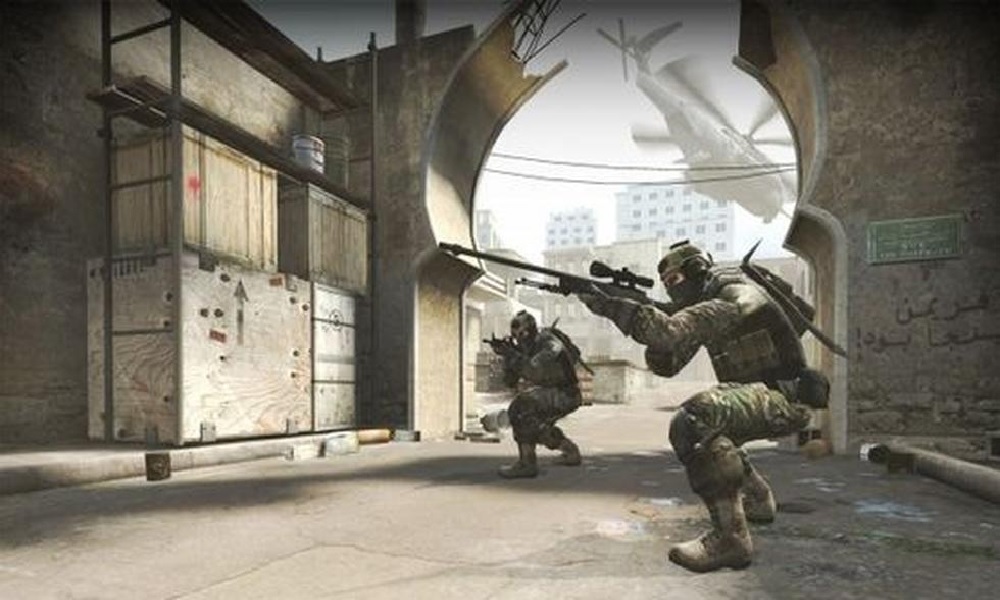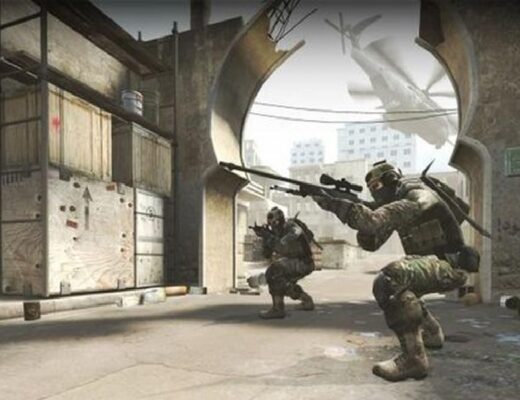Introduction:
Counter-Strike: Global Offensive, or CS:GO, is a first-person shooter game that has gained immense popularity in the esports community. It requires a high level of skill, strategy, and teamwork to succeed in competitive matches. Building a successful team in CS:GO is not an easy task and requires careful planning and execution.
One of the critical factors that determine the success of a team is roles and communication. Each player on the team must have a specific role assigned to them based on their strengths and weaknesses. The roles may include entry fragger, support player, AWPer, lurker, or in-game leader. Effective communication between teammates is crucial for executing strategies and making quick decisions during gameplay.
Another essential aspect of building a successful CS:GO team is practice and strategy. Practice sessions should focus on improving individual skills as well as team coordination through drills such as smokes and flashes. Developing effective strategies for different maps based on opponents’ playstyles can give teams an edge over their competition.
In this essay, we will explore these two critical aspects of building a successful CS:GO team – roles and communication as well as practice and strategy – by analyzing real-life examples from professional teams. By understanding these elements better, players can improve their own gameplay while also being able to contribute more effectively to their teams’ success in competitive matches.
Roles And Communication:
In order to build a successful team in CS:GO, it is essential to understand the roles of each player and how communication plays a crucial role in their success. The roles of each player vary from entry fragger, support, lurker, AWPer, and in-game leader. Each role has its own set of responsibilities and requires specific skills that contribute to the team’s overall performance. Moreover, communication is the key to success in any team sport or game, and CS:GO is no exception. Effective communication between players helps them coordinate their movements on the map, call out enemy positions, share strategies and tactics.
The entry fragger plays a critical role as they are responsible for initiating attacks on enemy territory. They need to be quick reflexes and have good aim as they are usually the first ones to engage with opponents. On the other hand, support players provide cover fire for their teammates and help them secure objectives by providing necessary utilities such as smoke grenades or flashbangs. Lurkers are responsible for flanking enemies from unexpected angles while AWPers use sniper rifles to eliminate enemies from long-range distances.
Lastly, an in-game leader is responsible for making strategic decisions during gameplay and keeping their teammates motivated throughout the match. Their job involves analyzing opponents’ playstyle and adapting accordingly while also ensuring that every teammate is aware of their roles.
Communication among players can make or break a team’s performance in CS:GO. Players must communicate effectively using microphones or chat options available within the game interface. They must call out enemy positions accurately using specific terminologies such as “one short” or “two mid.” This helps other players identify where enemies are located on the map easily.
Building a successful team in CS:GO requires understanding each player’s role and effective communication between them during gameplay. It takes time and practice for teams to develop synergy among themselves that ultimately leads them towards victory over their opponents on the battlefield.
Practice And Strategy:
In order to build a successful team in CS:GO, practice and strategy are two key components that cannot be overlooked. Practice allows players to hone their skills and become familiar with the game mechanics, while strategy helps them work cohesively as a team. A good strategy is one that takes into account each player’s strengths and weaknesses, as well as the overall objective of the game. This requires careful planning and coordination between team members.
One effective practice technique is to play against other teams or participate in tournaments. This not only provides valuable experience but also exposes players to different play styles and strategies. It is also important for players to review their gameplay footage to identify areas for improvement. Analyzing past games can help players fine-tune their skills and adjust their strategies accordingly.
Communication is another crucial aspect of building a successful team. In CS:GO, there are many different ways for players to communicate with each other during gameplay, such as voice chat or text messaging. Effective communication allows teammates to coordinate their movements and make split-second decisions in high-pressure situations.
Another important factor is understanding the map layout and spawn points, which can give teams an advantage over their opponents. Players should also be aware of popular choke points on each map where they can set up ambushes or defend against enemy attacks.
Ultimately, building a successful CS:GO team requires dedication and hard work from all members involved. Players must be willing to put in the time and effort required for practice sessions, study strategies together, communicate effectively during gameplay, and adapt quickly when necessary. With these elements in place, any team can achieve success on the competitive battlefield of CS:GO.
Conclusion:
In conclusion, building a successful team in CS:GO requires a combination of roles and communication, practice, and strategy. Each member of the team must understand their role and be able to effectively communicate with their teammates to ensure that everyone is on the same page. This includes being able to give and receive feedback constructively.
Practice is also essential for success in CS:GO. Teams must put in hours of dedicated practice time to improve their skills and teamwork. This includes practicing strategies and tactics specific to each map and opponent.
Finally, strategy plays a crucial role in building a successful team. Teams must be able to adapt to different opponents’ playstyles while also having a solid game plan for each map they play on.
Overall, building a successful team in CS:GO takes time, effort, and dedication from all members. By understanding individual roles, effective communication practices, putting in hours of practice time, and developing solid strategies; teams can work together seamlessly towards success both on the server as well as off it. A strong foundation built upon these principles is key for achieving long-term success not just within the game but also as individuals who are working towards common goals within any given organization or industry. Click here to learn more.



